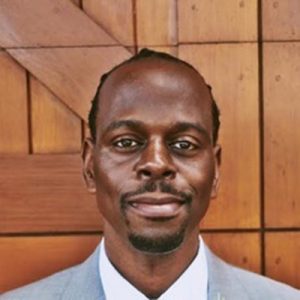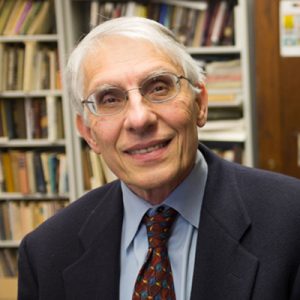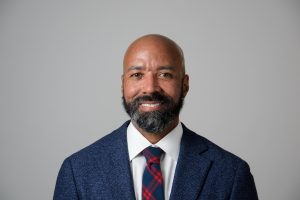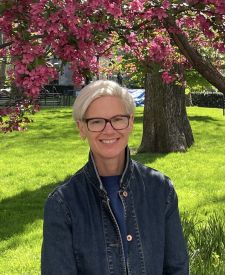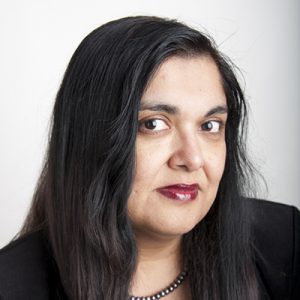 This Black History Month, the legislative and political attacks against teaching the histories of race and racism have forced history educators to reckon with what and how they teach in their classrooms. In an Axios article, journalist Russell Contreras zooms into the legal terrain that restricts teachers from teaching students about the complex and violent realities of the past. 35 states have taken legal steps to limit how teachers discuss racism and sexism, according to Contreras. In some states, Contreras points out, teachers “may introduce Malcolm X, but not read his speeches” or “point out Rosewood, Florida or Tulsa, Oklahoma,” but “not talk about the racial atrocities that occurred there.” Many educators will still go forward with their Black History Month lesson plans, while others decry anything related to critical race theory as a departure from the core tenets of morality that Dr. Martin Luther King Jr. espoused.
This Black History Month, the legislative and political attacks against teaching the histories of race and racism have forced history educators to reckon with what and how they teach in their classrooms. In an Axios article, journalist Russell Contreras zooms into the legal terrain that restricts teachers from teaching students about the complex and violent realities of the past. 35 states have taken legal steps to limit how teachers discuss racism and sexism, according to Contreras. In some states, Contreras points out, teachers “may introduce Malcolm X, but not read his speeches” or “point out Rosewood, Florida or Tulsa, Oklahoma,” but “not talk about the racial atrocities that occurred there.” Many educators will still go forward with their Black History Month lesson plans, while others decry anything related to critical race theory as a departure from the core tenets of morality that Dr. Martin Luther King Jr. espoused.
Much of the criticism against critical race theory, which began as a legal framework for understanding patterns of systemic racism, relates to concerns around white students’ affective responses to the histories of slavery. Axios turned to UConn History Professor Manisha Sinha, a scholar of slavery and abolition, to describe the influence of these laws on student learning. Sinha explains that “there is no reason why a white student can’t identify with the abolitionist or the civil rights leader rather than a slaveholder.” “These laws supposedly protecting white students from guilt say more about the authors of the law than the students,” Sinha elaborated.
Black History Month began as Negro History Week in 1926, partially as a strategy for teaching Black history in public schools. Carter G. Woodson, the historian behind this celebration of Black history, created Negro History Week as his organization, the Association for the Study of African American Life and History, responded to the need to expand political and cultural consciousness about Black experiences. In 1976, Negro History Week became Black History Month in response to the wide-sweeping cultural and political movements that advanced the causes and goals of freedom. Fore more on teaching Black History Month within the current contested landscape, read “New Rules are limiting how teachers can teach Black History Month,” where Professor Sinha contributes her thoughts alongside those of analysts and educators.

